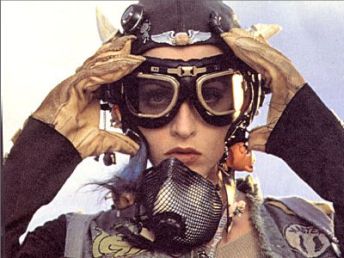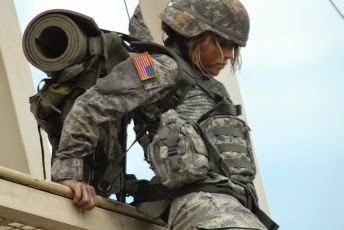As best understood, the theory of Supreme Leader or velayat-e faqih (guardianship of the jurist) is not unlike a kinda 'führerprinzip' style autocrazy.
After Khomeini's death, a mid-ranking cleric lacking all due scholarly credentials rose to power: Sayyid Ali Khamenei.
Khamenei, who had, prior to the revolution, devoted his entire seminarian's life to political activism against the Shah, began his own metamorphosis after the monarch's overthrow. Before the revolution, he was better known within some intellectual circles, enjoying music and poetry, rather than in religious seminaries.
His interest in politics and history brought him to translate into Farsi a work of the renowned Muslim Brother Sayyid Qutb. After the revolution, his interests expanded to encompass military and intelligence issues.
Promoted Grand Ayatollah and Source of Emulation (Marja Taqlid) almost overnight, his outrageous rise was a direct insult to the traditional cleric establishment. The exponential growth of the IRGC coincides with his leadership. Illegitimate on scholarly grounds and non-charismatic, his rule could not be sustained, except on security pillars alone - provided by the IRGC. As the champion of messianic Islam, Khamenei is regarded by his zealots not only as the substitute of the Shia Messiah, but also as "Sayyid-e-Khurasani," the prophetic character who prefigures and prepares the coming of the Savior.
In parallel, he has built an astronomic network of financial firepower and influence. Survivor of an assassination attempt shortly after the Revolution, the 74-year-old leader is currently in poor health. His death could lead to a huge redistribution of wealth and power among the Shia elites, already torn with infighting.
How will the IRGC move in the post-Khamenei era?
The options are threefold:
First, that IRGC commanders stay neutral, not intervening in the process of selecting a new supreme leader, while safeguarding the stability of the regime in the transitional period. However, well aware of the possibility of being ousted by the new leadership and its entourage, high-ranking IRGC commanders, all indebted to Khamenei for their current positions, risk more than just their wealth and power.Pic - "The "Slamic Revolutionary Guard Corps is Iran’s most powerful security and military organization, responsible for the protection and survival of the regime."
The post-Khamenei era could well become for them a matter of life or death. Thus IRGC commanders have both the ability and the incentive to weigh in, with all their means, in the selection process of the new leader.
Or, IRGC commanders stage a coup against the clerical establishment. After over 30 years of disastrous management of the country in all aspects, IRGC commanders are well aware of the profound unpopularity of the clerical establishment. It would thus not be unlikely for the IRGC to plan to present itself as the savior of both the country and the people from the catastrophic reign of corrupt and unpopular mullahs. This in turn may well guarantee the IRGC's own power, at least in the short run. Such an ambitious move would, of course, face many obstacles, primarily within the IRGC itself, making it a possible yet perilous move.
Another scenario is that IRGC commanders do intervene, installing their own pick for the supreme spot.
At the moment, the best option for them is Mojtaba Khamenei, son of the current leader. Symbolic as it might be, the ambitious heir has already started teaching his own seminars, known as "kharej," interpreted as a sign of established religious credentials, a scholarly credit his own father did not have prior to his accession to leadership. However, it is no secret that Mojtaba's most valuable credentials are his close ties with the IRGC and its related security apparatus.
Following in his father's footsteps, Mojtaba Khamenei is personally involved in military programs and intelligence affairs. Also well known are the strong bonds between Mojtaba and Qasem Soleimani - the commander of the IRGC's Qods Force and the most powerful operative in the Middle East according to Western sources.















0 comments:
Post a Comment